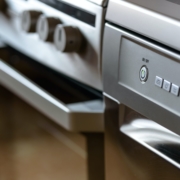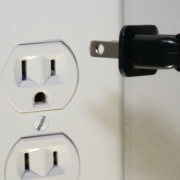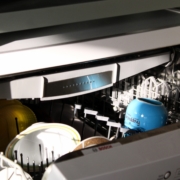How to Avoid the Effects of Inflation When Buying an Appliance
Rising Appliance Prices Can Have a Dramatic Effect on Your Budget
Inflation is reaching record levels across all sectors of the economy, and the appliance industry is no exception. Consumer prices are now roughly 7% to 8% higher than they were just a year ago and appliance prices are up 13% due to inflation.
If you are in the market for a new appliance, expect to pay more for a washer/dryer, automatic dishwasher, oven, stove, or refrigerator. Even if you are happy with your current appliances, there’s always a chance they could break down when you least expect it. Learn how to protect your finances from rising appliance prices with these shopping and maintenance tips.
Shop Around
It always helps to shop around when looking for a new appliance. These machines can easily cost several thousand dollars or more, so make sure you do your research when making such a large purchase. Look for sales and temporary discounts that can help you save money. Sign up for store membership plans that further reduce the cost – as long as you don’t have to pay additional fees to be a member.
Keep Track of Additional Costs
Consider more than just the initial price tag when calculating the total cost of the appliance. You will also have to pay for delivery, shipping, and installation as well as utilities that keep the appliance running. Find stores and retailers that offer free shipping or installation. The store may offer its own installation fee, but you might be able to save money calling a professional appliance repair company instead. The repairperson can install the appliance in your home when it arrives. They likely know just as much if not more about the appliance question than the delivery person. They can also give you tips on how to use your appliance once it’s been installed.
Consider Buying Used
You can always buy a gently used or refurbished appliance to circumvent the recent price hikes al together. Look for used appliances for sale online. Call an appliance repair professional that can repair the appliance to get it back up and running again. Think about how much you will have to spend to use the appliance once it’s been repaired. Older models tend to be less efficient than newer appliances, which could increase your utility bills. Research the make and model in question to see if it is a good investment.
Maintain the Appliances You Have
Keeping your current appliances is always cheaper than buying a new one. Do your best to maintain your appliances while prices are high to avoid having to find a replacement. Clean the insides and outsides of your machines regularly to keep them in good condition. Always follow the manufacturer’s instructions when operating the machine. Monitor your water and electricity usage over time. If your appliances are using more resources than before, it may be a sign that they need to be repaired.
Hire a professional repairperson to thoroughly inspect and repair your appliances every few months to keep problems at bay. This will help you spot potential issues before your appliance shuts down entirely.
No one likes paying more for appliances. Schedule an appliance maintenance visit with the professionals at Absolute Appliance Repair in San Francisco today.










